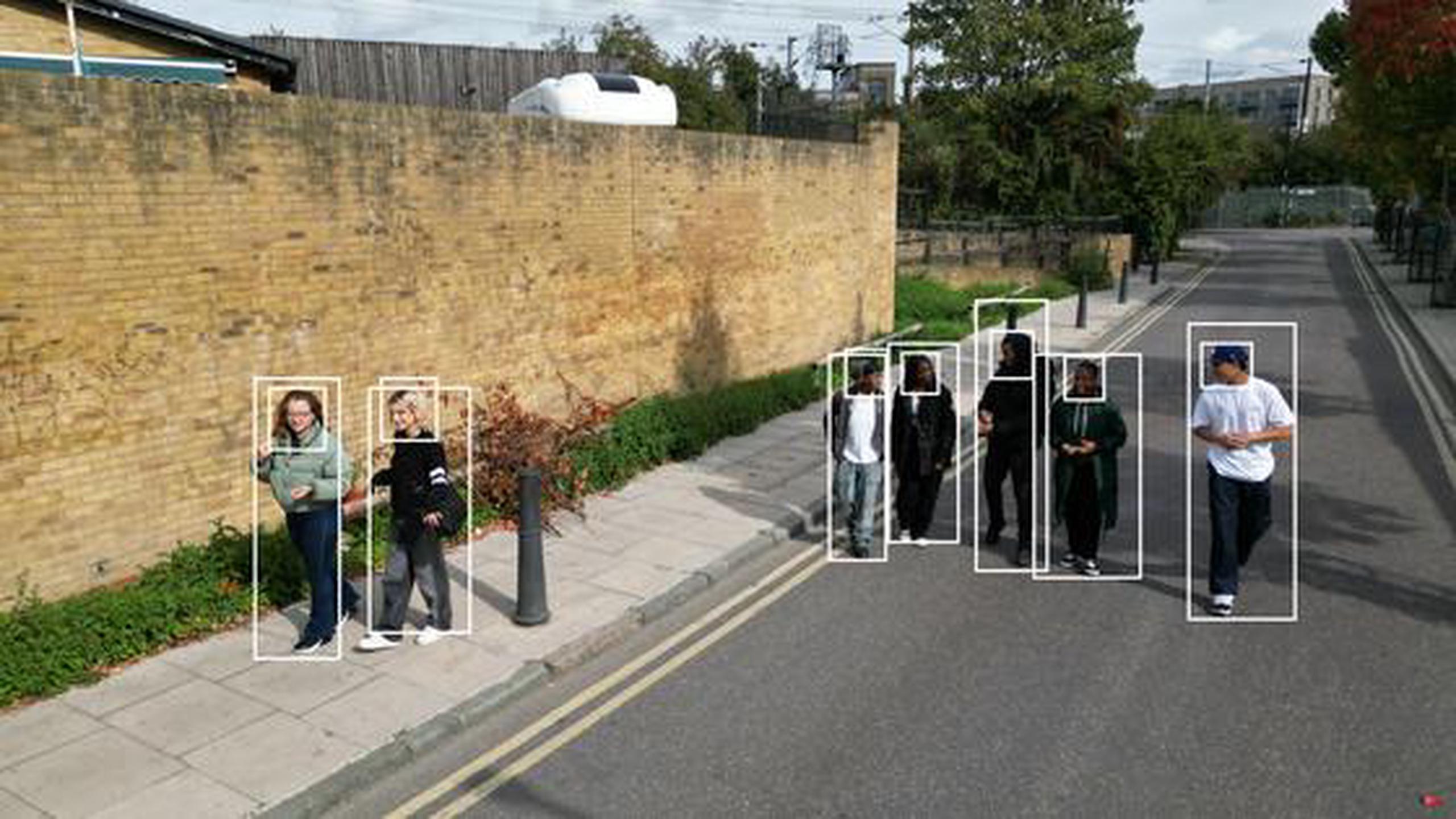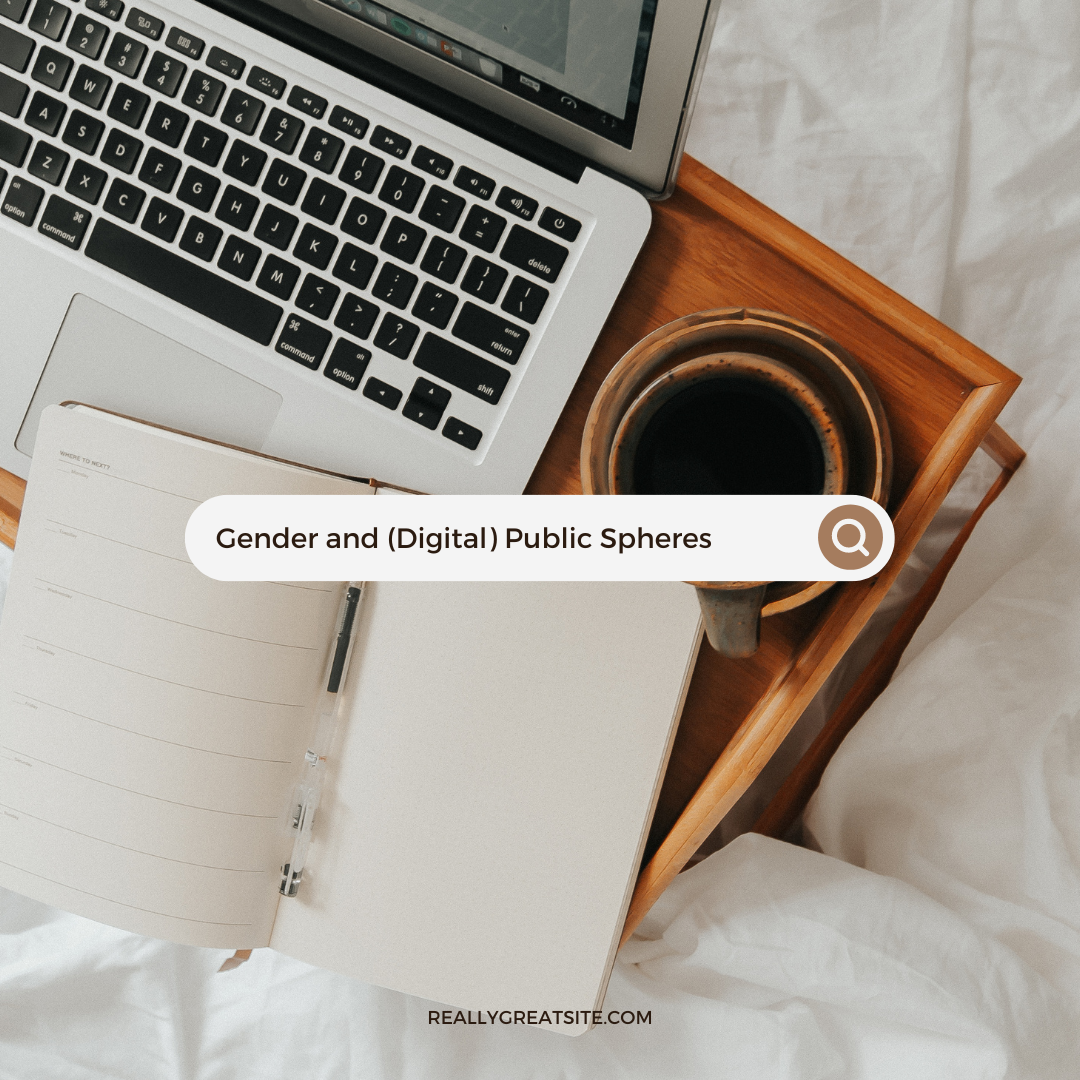
- Enseignant: Helten Ira
- Enseignant: Ullah Sami
- Enseignant: Waltsgott Ulrike
- Enseignant: Zagorodnya Sof'ya

Entrepreneurship in Action – SoSe24
Have you ever wondered whether entrepreneurship is meant to be pursued by everyone? Join us for an engaging seminar where we explore the scientific and practical reflections on the true diversity within entrepreneurship.
In this seminar, we will dissect the notion of diversity in entrepreneurship, examining its various forms, including but not limited to gender, race, ethnicity, culture, socio-economic status, and more. We will delve into the challenges that diverse entrepreneurs face, from systemic barriers to cultural biases, and discuss the implications for fostering inclusive entrepreneurial ecosystems.
Through a combination of theoretical frameworks, case studies, and interactive discussions, participants will gain insights into the complex interplay between diversity and entrepreneurship. We will explore questions such as:
What does diversity truly mean in the context of entrepreneurship?
How can we address cultural biases and structural inequalities in entrepreneurial environments?
What are some effective strategies and solutions for promoting inclusivity in entrepreneurship?
Furthermore, we will examine the importance of representation, mentorship, access to resources, and supportive networks in empowering diverse entrepreneurs to thrive. By identifying best practices and innovative approaches, we aim to equip participants with the knowledge and tools needed to foster inclusive entrepreneurship and expand its reach to a broader audience.
- Enseignant: Patecka Agnieszka
- Enseignant: Patecka Agnieszka
- Enseignant: Sundermeier Janina

AI, Law and Policy: Current Topics and Conference Visit (AI Excursion) - SoSe24
Artificial
Intelligence (AI) is a key technology of the 21st century. This
class will explore selected topics in current AI law and policy, such as
sustainable AI; data protection; discrimination.
To this
end, we will attend, as a group, one important AI event in Berlin: the Creative
Bureaucracy Festival (https://creativebureaucracy.org/).
In two separate sessions before and after the event, presentations and
discussions will explore the topics most relevant to the event and the current
AI space.
Students
seeking to qualify for 3 ECTS credits in the B4 module need to give one presentation during the
semester, write a short report (ca. 1 - 2 pages about one session at the
conference), and regularly attend the class.
This class is open to ENS students only.
The
course is limited in size to 15 students. Slots are awarded on a first-come,
first-served basis. ENSStudents
will be able to self-enroll on Moodle, based on an enrollment key that will be
distributed via Slack in due course. Please refrain from writing emails in this
respect, unless it is strictly necessary.
Session Times:
· Preparation
Session: June 3, 2024, 10:15 am – 4 pm (hybrid)
· Conference:
June 12, 2024, all day
· Debriefing
Session: June 28, 2024, 10:15 am – 4 pm (hybrid)
- Enseignant: Hacker Philipp

AI Literacy: Ethical, Societal, and Political Implications of Artificial Intelligence - SoSe24
As artificial intelligence becomes omnipresent, AI literacy becomes a foundational set of skills required to navigate the digitised and digitalised world. The aim of the course is to learn about AI, understood as a range of diverse technologies, as well as to explore its impact on societies and the environment. Using the problem based learning approach, student will make sense of machine learning techniques and methods which are the backbone of the current form of AI. They will also consider the most pressing ethical and political questions raised by digitalisation and algorithmisation, critically engaging with ideas of AI governance and regulation. Furthermore, they will assess the implications of AI for the climate crisis. As a result, participants will be prepared to competently address the complex challenges of digital technologies.
- Enseignant: Bialy Filip

Creativity in Business - SoSe24
During this course we will learn how we can manage creativity in organisations, what is the difference between creativity and innovation and how we can fit innovation into the organisational life cycle. We will learn how to use the Big Picture framework to build innovative products or services in the organisation. Together we will try to refine creativity techniques that can help us to prepare better solutions to our problems.
- Enseignant: Duleba Lukasz

Data Analysis - SoSe24
This course offers an insight into the world of data analysis, a field that is increasingly pivotal in business, computer science, and academic research. It is tailored for students eager to develop a robust understanding of data processing, ranging from collection and wrangling to in-depth analysis. Participants will delve into Business Intelligence, exploring (big) data influence on technology and organisations. Practical training includes the use of MS Excel, Power BI, R and Python for exploratory data analysis and data visualisation. The course also provides an introduction to key statistical methods — descriptive statistics, correlation analysis, and linear regression — to aid in data interpretation. Furthermore, students will acquire hands-on experience in data acquisition through web scraping and APIs. Students will complete their own data analysis projects and, as a result, will be well-versed in the entire spectrum of data management and analysis. They will possess the skills to independently execute various steps of data analysis, leveraging their knowledge and expertise to address real-world data-driven challenges in their future careers.
- Enseignant: Bialy Filip
- Enseignant: Patecka Agnieszka

- Enseignant: Hanke Stefan
- Enseignant: Wessel Lauri

- Enseignant: Bareikyte Migle

Gender and (Digital) Public Spheres: An Introduction to Theory and Concepts - SoSe24
On social media issues such as gender-inclusive language, LGBTIQ+ rights, and gender identity are highly contested. However, gender-related issues not only spark heated debates involving a variety of different actors but public spheres themselves are marked by gendered power dynamics. This course looks at gender as an important structural element within (digital) public spheres. Participants will explore theories and concepts of (digital) public spheres and critically analyze the representation of gender in (digital) public spheres, including the portrayal of women and LGBTQ+ individuals.
Requirements: Regular attendance and active participation is required. Further a presentation on one of the seminar texts must be hold. For 6 ECTS a short paper must be written (approx. 10 pages). For 9 ETCS a seminar paper (approx. 25 pages) must be submitted.
Deadline for the short paper (6 ECTS) and the seminar paper (9 ECTS):
30 September 2024
- Enseignant: Bauer Mareike

History of Computing: Work, Gender and Environmental Issues - SoSe24
The course relies on the history of computing in order to contextualize the emergence of key contemporary technologies, especially the ones connected to artificial intelligence, algorithms, big data, robotics/automation, platforms and the social media. While focusing on the discourses and materialities that defined the history of computing, it pays attention to the way the design and use of the computer was shaped by issues of relevance to work, gender and the environment. Continuities and changes during a series of important transitions receive special attention: from the pre-war human (usually female) computers to computer machines, from the emergence of the concepts ‘digital’ and ‘analog’ to the appearance of the concepts ‘hardware’ and ‘software’, from the mainframes to the personal computers and their net/internet interconnections, from time-sharing to the web, and from the discourse about a postindustrial society to that about one more (4th) industrial revolution. The
course takes advantage of the EUV participation in the ERASMUS+ project
‘Innovative Ethics Education for Major Technological and Scientific
Challenges’.
- Enseignant: Tympas Aristotelis

- Enseignant: Duleba Lukasz

Introduction to Governance and Public Policy - SoSe24
Throughout the course, we will learn how public institutions shape their policies to better understand how to adapt to the challenges of the digital economy. We will identify and discuss the relationship between interests, ideas and institutions in a policy process. Part of our sessions will be covered by the flipped classroom method, so you will be equipped with various videos and podcasts that will help you to heightened awareness of the problems and solutions generated for public policy.
- Enseignant: Duleba Lukasz

